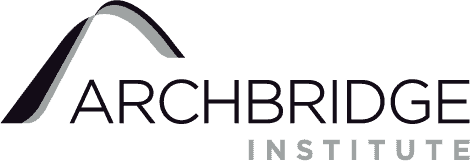Economic and Social Mobility
Make a Donation
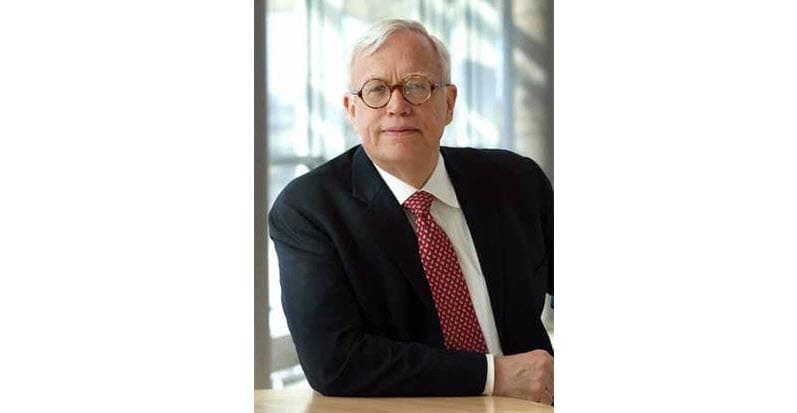
Nobel-Prize Winning Economist Dr. James Heckman on Social Mobility, the American Dream, and how COVID-19 Could Affect Inequality
On April 14, 2020 Gonzalo Schwarz, President and CEO of the Archbridge Institute, conducted the following interview with Dr. James J. Heckman. Dr. Heckman is the Henry Schultz Distinguished Service Professor in Economics and the Director of the Center for the...

A New Index on Social Mobility Misses the Mark
This article was originally published on Medium. At the recent Davos meeting there was a lot of focus on the ongoing back and forth between President Trump and young activist Greta Thunberg. However, what didn’t garner many headlines from this meeting that should have...
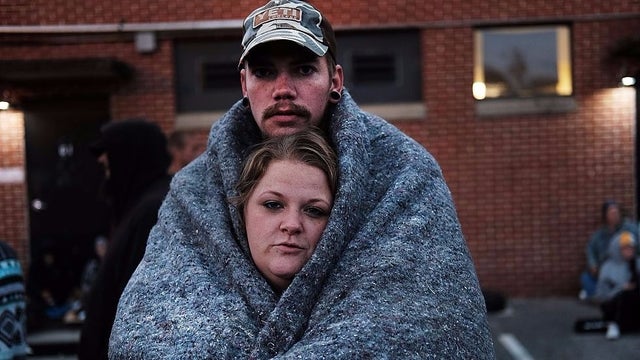
Inequality matters — but not in the way you think
To put it lightly, the issue of which income group pays more taxes is not easy to discern.

Economic Mobility in America, Part Two
In the second part of our three-part primer on economic mobility in the US, this latest report by Dr. Scott Winship reassesses the cross-national evidence on intergenerational economic mobility, updates previous conclusions by reviewing more recent research and reevaluates the older literature. Dr. Winship challenges the conventional wisdom of upward mobility highlights previously neglected nuances in the literature that complicate the simple conclusion that the fates of American children are more tied to their family circumstances than is true of children in other countries.
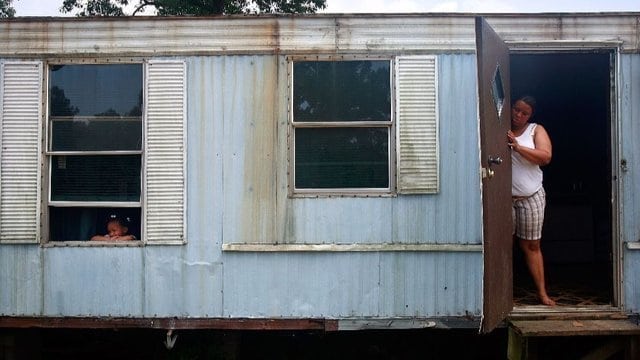
Inaccurate reporting on social inequality makes matters worse
Writing in The Hill, Economics Professor and Nobel Laureate James Heckman and Archbridge President and CEO Gonzalo Schwarz, discuss the state of economic mobility research. Dismayed by the omission of previous academic findings in a recent Equality of Opportunity Project study (and its coverage in the media), Heckman and Schwarz highlight the importance of seeking consilience with previous research conclusions.

Social Mobility Confusion: The Battle for the American Dream
Gonzalo Schwarz, Archbridge Institute’s president and CEO writes on what proponents of liberty must do and where the public policy discussion can be bettered.

Do Poverty, Inequality, and Mobility Have a lot in Common? Not Really.
In an essay for Merion West, Archbridge President and CEO Gonzalo Schwarz argues that our public policy discourse should be careful not to intertwine the distinct concepts of poverty, inequality, and mobility. Schwarz notes that solutions to address these issues don’t necessarily overlap, and that sometimes policies meant to address one issue can negatively affect another.
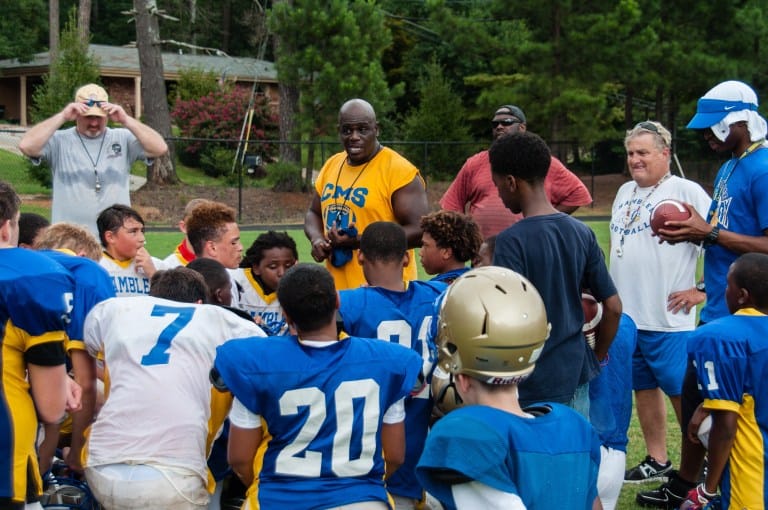
Racial Disparities and the High Cost of Low Debates
In essay for Quillette Magazine, Archbridge Director of Programs Ben Wilterdink discusses “Race and Economic Opportunity in the United States: An Intergenerational Perspective,” the most recent study from the Equality of Opportunity Project and some of the earliest reactions to the study. Wilterdink highlights several reasons to be skeptical of the most prominent commentary following the study’s release and argues that the best way to improve the status quo is through a mutually respectful dialogue.
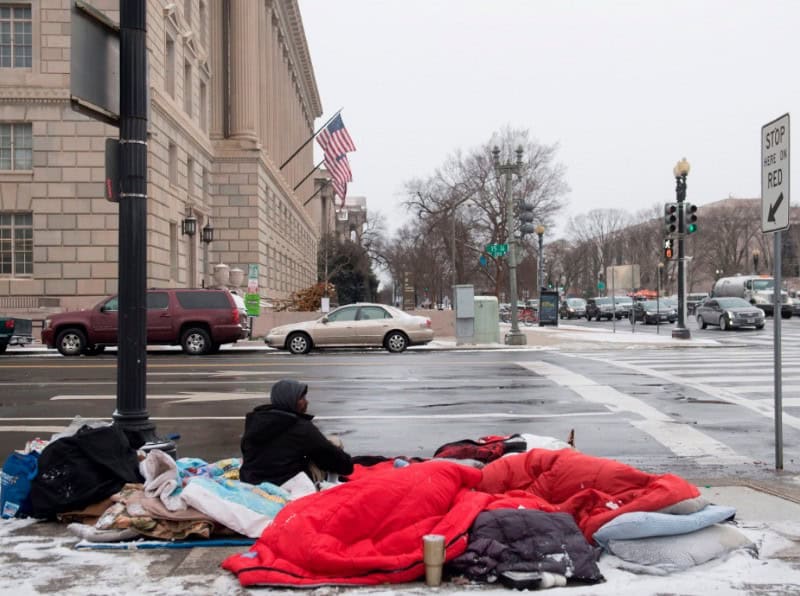
A New Study Dives Deep into Race and Economic Mobility in America
Raj Chetty and his team of economists at the Equality of Opportunity Project have released a new report on race and economic mobility, with findings that have everyone talking. Director of Programs Ben Wilterdink discusses its key findings and some reactions from around the web in a post on Medium.

The American Dream Isn’t Dead, But it is Ailing
Is the American Dream dead for young Americans? Dr. Edward Timmons of Saint Francis University and coauthor of Barriers to Mobility, says there are good arguments that it may not be as bleak as it seems. Economists agree, however, that many poor children remain poor in adulthood. Timmons examines the growth of occupational licensing as a possible cause.
The Archbridge Institute is a non-partisan, independent, 501(c)(3) public policy think tank. Our mission is to lift barriers to human flourishing.
Archbridge Institute
1367 Connecticut Avenue NW, Suite 200,
Washington, DC 20036
